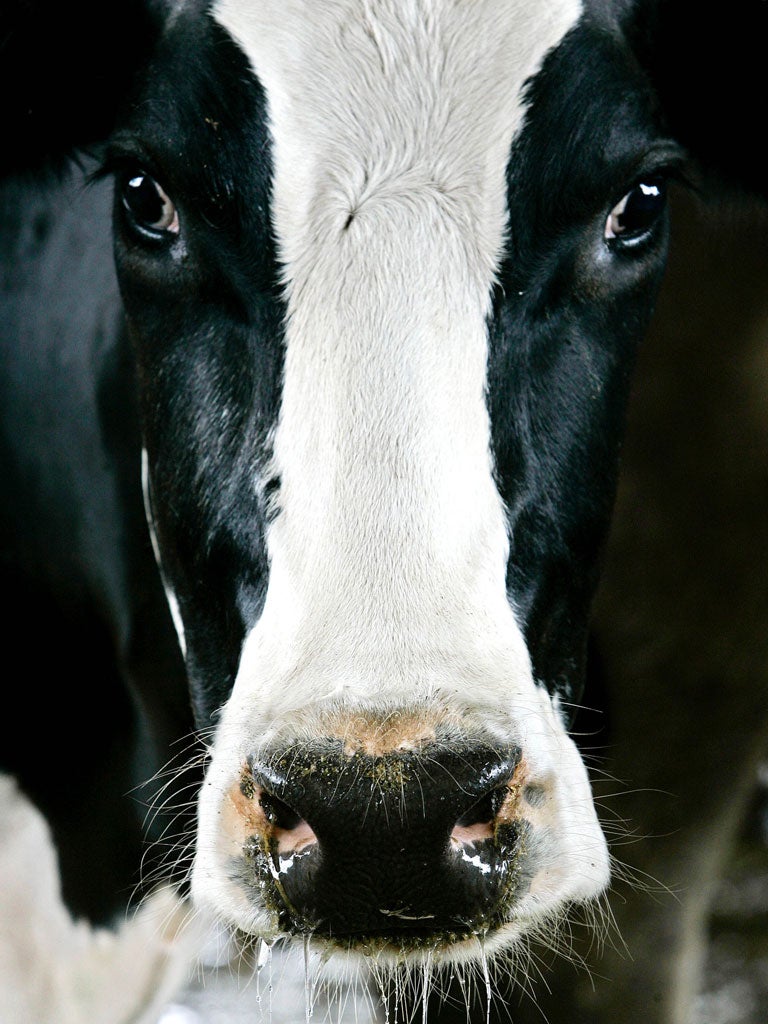Trending: Selfridges and the great raw-milk debate

Your support helps us to tell the story
From reproductive rights to climate change to Big Tech, The Independent is on the ground when the story is developing. Whether it's investigating the financials of Elon Musk's pro-Trump PAC or producing our latest documentary, 'The A Word', which shines a light on the American women fighting for reproductive rights, we know how important it is to parse out the facts from the messaging.
At such a critical moment in US history, we need reporters on the ground. Your donation allows us to keep sending journalists to speak to both sides of the story.
The Independent is trusted by Americans across the entire political spectrum. And unlike many other quality news outlets, we choose not to lock Americans out of our reporting and analysis with paywalls. We believe quality journalism should be available to everyone, paid for by those who can afford it.
Your support makes all the difference.Is raw milk an elixir of health and taut-skinned beauty or a carrier of disease and a recipe for a bad tummy? The jury is out, but one thing is for sure: devotees of the milk, which doesn't undergo the usual bacteria-zapping 15-second blast of 72C heat, won't be able to buy it in Selfridges for the time being.
Ewan Venters, the food and restaurants director at Selfridges, said the grocery chain had decided to "temporarily cease the sale of raw milk" at the concession the store ran with a Sussex dairy farmer, Steve Hook, owing to a new Food Standards Agency investigation into its effect on health. Hardly a surprise to rawies, as it was widely known that the store and Hook had been put on notice that they both risked prosecution if they carried on selling the in-demand drink.
The reason? Untreated milk has a chequered past. Historically it has been linked to the spread of TB and the Government stills warns that drinking it is a short cut to picking up salmonella, campylobacter and E.coli. The latter fear prompted the Scottish government to ban it outright in 1983.
In England it is legal to buy directly from farmers at markets. In London, primarily middle-class punters prize it for its high concentration of vitamins, enzymes and proboscis and have been loud in their support for the department store's initiative. But until the FSA reports, it's back to heading out to the Home Counties for a weekly pinta.
Join our commenting forum
Join thought-provoking conversations, follow other Independent readers and see their replies
Comments